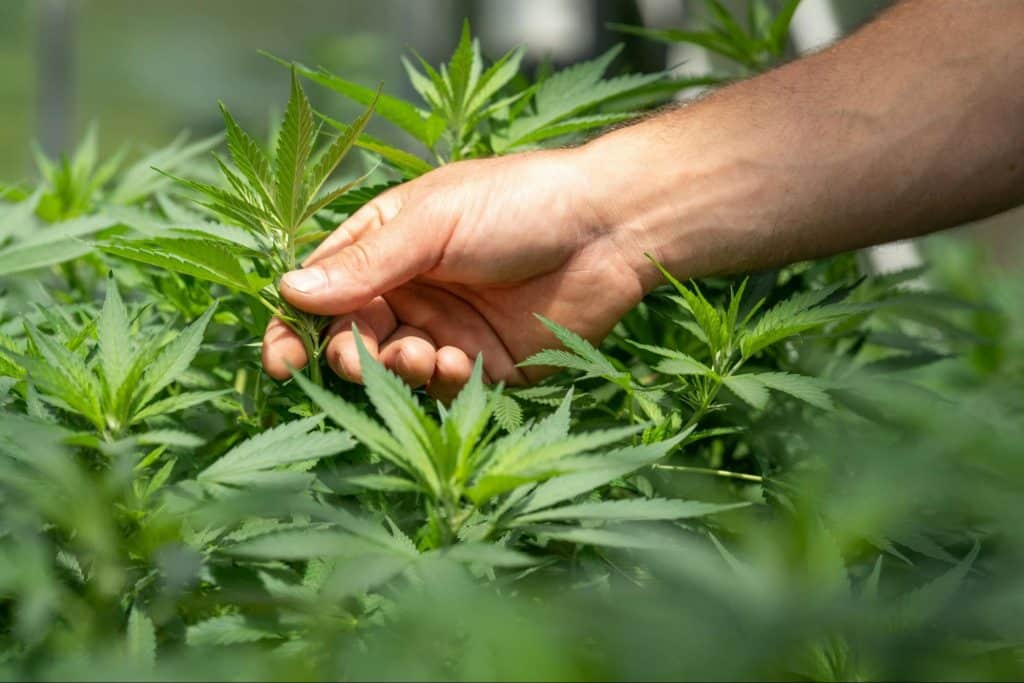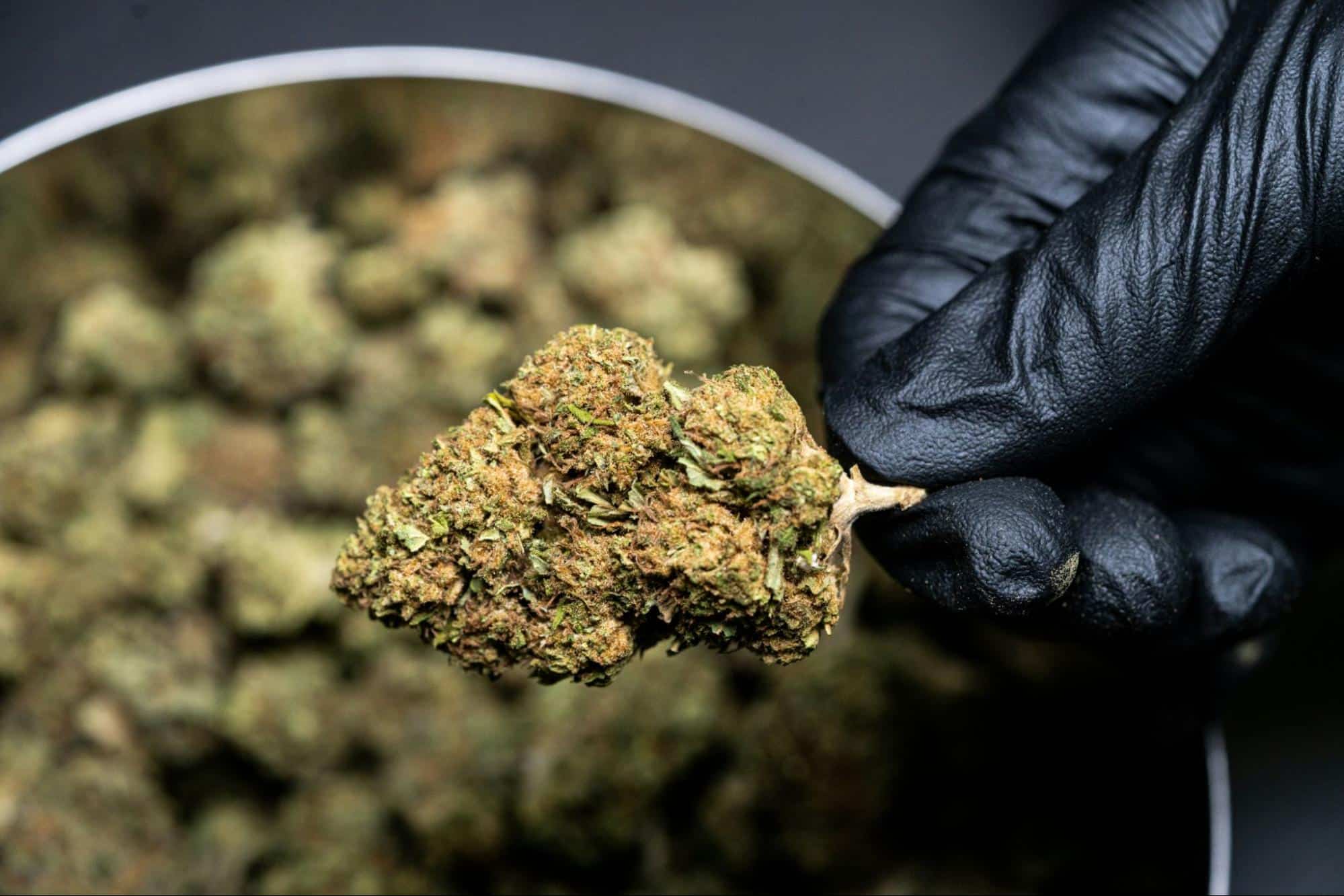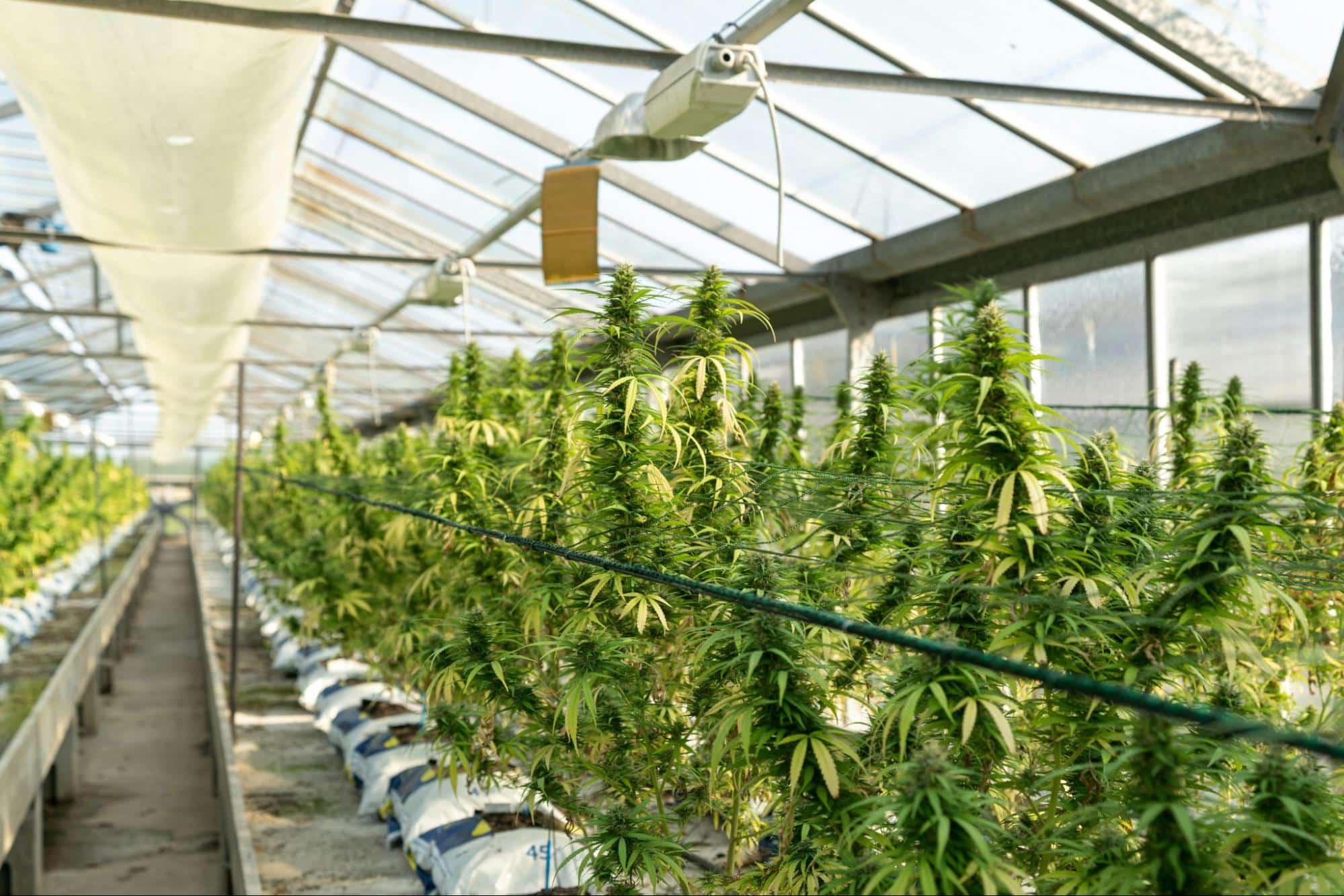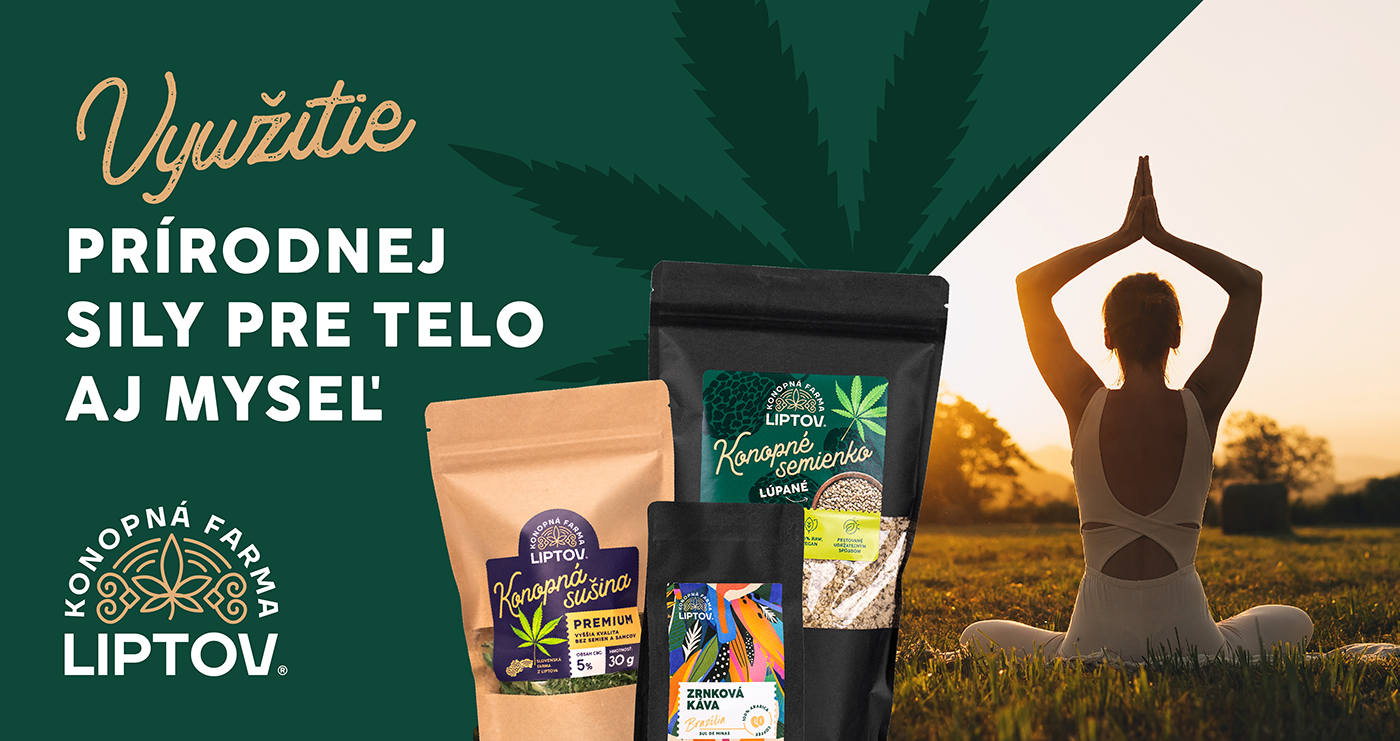CBD vs. THC. What is the difference between them?

If you’ve heard the term THC or CBD before, you’ve probably associated it directly with the cannabis plant. That’s obviously correct, but it’s definitely not right to lump the two substances together. Yes, they are linked by the fact that CBD (cannabidiol) and THC (tetrahydrocannabinol) are the two most well-known cannabinoids produced by the cannabis plant, and also by the fact that they have a great effect on the human body. However, their effects and properties differ significantly
To begin with, CBD and THC are chemically very similar, but their effects on the body are quite different. THC is a psychoactive substance that causes effects such as euphoria, increased appetite and a feeling of relaxation. CBD, on the other hand, is not a psychoactive substance, so it does not produce any psychoactive effects. On the other hand, it has a number of health benefits.
Many people think of the worst things about cannabis. For example, drugs, addictiveness, psychoactive effects. But what is the real difference between THC and CBD, you will find out in our article, in which we have prepared a brief and clear overview of these two cannabinoids.
What is CBD
CBD has been experiencing a very big boom in recent years. It is cannabidiol, which, like THC, is one of the most well-known constituents of the cannabis plant. Unlike THC, which is psychoactive, CBD has a completely different effect on the human body.
Through the use of CBD oil and other CBD products, one does not experience a “high” like when they get high, but can enjoy remarkable health benefits while fully conscious. CBD works with the endocannabinoid system in the human body, a sort of internal control center that influences a variety of functions, from mood and sleep to pain and inflammation. CBD tunes it up and helps it do its job even more efficiently. This means it has anti-inflammatory, anti-anxiety, anti-psychotic and other beneficial properties, for example. Currently, CBD is legal in many countries around the world, but in some European countries only on condition that the THC content of CBD oils is below 0.2%. If you’re interested in learning more about CBD, we’ve covered it in more detail in our article What is cannabidiol (CBD) and what are its effects.
What is THC
First of all, it should be mentioned that there are several types of cannabis. And THC is found in greater quantities in the cannabis called Cannabis Indica, i.e. Indian hemp. THC, short for tetrahydrocannabinol, is one of the best known of the more than 110 compounds found in cannabis. However, it is, of course, a psychoactive substance, which means that it affects people’s thinking, their mood and their perception of the world around them. This compound is responsible for many people experiencing feelings of euphoria or feeling elated after taking it. All of this can be encountered, for example, when smoking marijuana or eating foods that contain real marijuana.
THC binds to specific receptors in the brain known as cannabinoid receptors. These receptors are part of the human body’s endocannabinoid system (ECS), which plays a role in regulating a variety of functions including mood, memory and pain. When THC activates these receptors, a variety of effects occur, such as increased euphoria, altered perception of time, space, increased appetite, depression, and more. And this is a big difference from CBD, as these feelings are not present when CBD is ingested in the form of CBD oils and other products, for example. Another very big problem with THC is that it can be a trigger for many mental illnesses and, unlike CBD, it is highly addictive.
Side effect – what is it
To best visualize this concept, think of cannabis as an orchestra. Each cannabinoid, such as CBD, CBN, CBG, THC and others, has its own unique role in this orchestra. When they play individually, they sound nice, that’s for sure, but when they come together, they create a beautiful symphony. In this case, a symphony of medicinal effects – that’s the entourage effect.
In 1998, scientists Raphael Mechoulam and Shimon Ben-Shabat witnessed a fascinating phenomenon – a synergy in our body’s endocannabinoid system (ECS). They found that when plant compounds combine with ECS receptors, their healing effect is dramatically increased. This groundbreaking finding revealed the secret to the power of herbal medicines and showed that isolated compounds are not always the best choice.
A companion phenomenon is that terpenes, flavonoids and other compounds in cannabis act together with cannabinoids on the ECS in different ways. For example, some of them facilitate the absorption of cannabinoids into the body, while others enhance their effects or affect their specific properties. This can be achieved, for example, by using full-spectrum CBD oil.
Difference in the effects of CBD and THC
We have already mentioned that THC is a psychoactive substance and CBD is not. And what are the other differences in effects between CBD and THC?
For example, when taking CBD products, a person may experience:
- Pain relief – CBD has anti-inflammatory properties that can help relieve various types of pain, including chronic pain, arthritis, and neuropathic pain.
- By reducing anxiety and stress – it has anxiolytic effects, which means it can help relieve anxiety and stress.
- By improving sleep – it significantly helps to improve the quality of sleep and alleviate insomnia problems.
- Antiepileptic effects – CBD has been approved as a treatment for some types of epilepsy.
- Anti-inflammatory effects – reduces inflammation in the body, which is helpful in inflammation-related diseases such as arthritis or Crohn’s disease.
- Help with eczema and acne – CBD has very beneficial effects on skin regeneration. For acne and eczema, for example, hemp cosmetics and hemp ointments containing CBD are used.
Effects of THC
- Increased appetite – THC stimulates appetite, which can lead to overeating.
- Mood changes – some people experience mood changes such as euphoria, relaxation or even anxiety and paranoia after taking THC. CBD doesn’t have all of this.
- Mood enhancement – for some people, THC can help improve mood and relieve symptoms of depression.
- Impairment of short-term memory – has an adverse effect on short-term memory and cognitive abilities, especially in those taking higher doses.
- THC is addictive – the big disadvantage and difference between THC and CBD is that THC is highly addictive.
- Helps with nausea – in some countries, THC is approved for use for nausea associated with chemotherapy treatment, where nausea and vomiting are among the many side effects.
Legality of CBD and THC in Slovakia and the Czech Republic
Just as there are differences between the effects of THC and CBD, there are also differences in their legality. What is the legality of CBD and THC in Slovakia and the Czech Republic?
As of 1 May 2021, there is a breakthrough in Slovakia – CBD has finally broken free from the shackles of psychotropic substances! Thanks to this change, it is now possible to manufacture, sell and distribute CBD products in our country. Legal hemp can also be grown in Slovakia, but the THC content must be below 0.2%. In the Czech Republic, CBD is also legal for consumers, the difference between Slovakia and the Czech Republic is that in the Czech Republic it is legal if the cannabis contains less than 1% THC.
However, as far as THC is concerned, THC is considered an illegal psychotropic substance in Slovakia. The law prohibits the cultivation, production, sale and use of products containing THC without a prescription.
In the Czech Republic, possession of small amounts of cannabis for personal use has been decriminalised since 2010. Since 2013, it has also been legal to use marijuana for medicinal purposes with a prescription. However, the cultivation, sale and distribution of marijuana for recreational purposes are still illegal.



